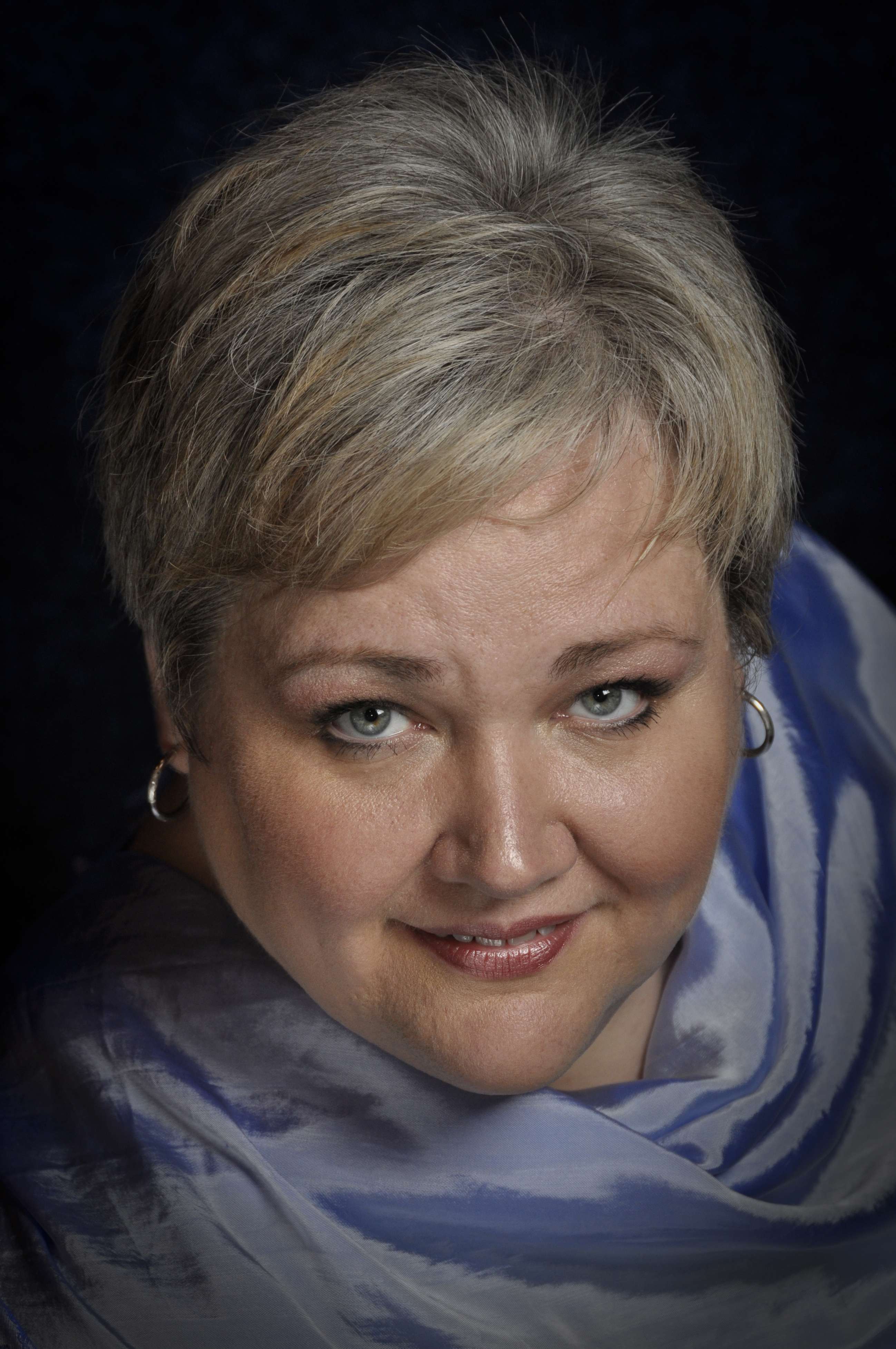|
Back
Arianna at the Beach Montreal
Maison Symphonique de Montréal
10/12/2013 -
Georg Philipp Telemann: Overture in C Major for Three Oboes, Strings and Continuo, TWV 55: C6
Johan Sebastian Bach: Suite for Orchestra No. 4 in D major, BWV 1069
Joseph Haydn: Arianna a Naxos, Hob.XXVIb.2
George Frideric Handel: Three arias from Giulio Cesare, HWV 17
Stephanie Blythe (mezzo-soprano)
Les Violons du Roy, Bernard Labadie (conductor) 
S. Blythe(© Kobie van Rensburg)
The ambiance in the half-empty Maison Symphonique did not augur well for this concert. The venue was perhaps too large for the Quebec City ensemble’s faithful public in Montreal, but it was surprising that the hall was not packed to hear Stephanie Blythe, one of today’s most notable mezzos.
The orchestra’s best performance was in the opening piece, Telemann’s Overture in C major for Three Oboes, Strings and Continuo, TWV 55: C6. This work, written in the French style, is a paradigm of elegance and perfectly suited to Les Violons du Roy’s virtuosity.
The other instrumental work, Bach’s Suite for Orchestra No. 4 in D Major, BWV 1069 was well executed but lacked the bite of the Telemann.
The American mezzo’s first piece was Haydn’s cantata, Arianna a Naxos, and it was the most disappointing. A precursor to Beethoven’s concert aria Ah Perfido, this powerful piece was brilliantly constructed by Haydn to convey the various states of mind of an abandoned lover. After having helped her lover, the Athenian Theseus, kill the Minotaur in return for taking her away, the Cretan princess is surprised not to find her beloved by her side on the shores of Naxos. Her surprise turns to bewildered confusion when she realises that she has been abandoned. The mood changes to fury and finally despair. Despite a powerful voice, Stephanie Blythe did not do justice to this great cantata. This abandoned princess did not seem all that irate at the turn of events. Her confusion, anger and despair all seemed quite tepid, removing strong emotion from the cantata.
In the second part of the concert, Blythe interpreted three arias from Handel’s Giulio Cesare, two of Caesar’s arias and one of Ptolemy’s. As is the case with most of Handel’s operatic music, the arias are technically demanding - and technique is Blythe’s strength. In Ptolemy’s aria “L’empio, sleale, indegno”, the Egyptian king expresses his fury at Caesar. In Caesar’s first aria, “Empio, diro, tu sei”, the Roman General is horrified to receive Pompey’s head as a gift from Ptolemy, Cleopatra’s brother and co-regent. Blythe succeeded in expressing the emphatic emotion expressed in these two arias. Not so in Caesar’s second aria, “Dall’ondoso periglio...Aure per pieta”, where Caesar recounts how he has escaped an assassination attempt. The piece alternates between recitative and aria, and its subtleties were less successfully executed. Blythe sounded best in the lower register with some gorgeous low notes; however, the mid-range sometimes lacked support and the higher notes were often strained. Fortunately, much of the music in the Handel arias is in the lower register. Her diction was acceptable, but again more was needed to convey the emotion of the characters.
The public was totally won over by the encore, “Che faro senza Euridice” from Gluck’s Orfeo ed Euridice. In this aria from a role she has performed on stage, Blythe was indeed at her best both technically and emotionally.
Ossama el Naggar
|